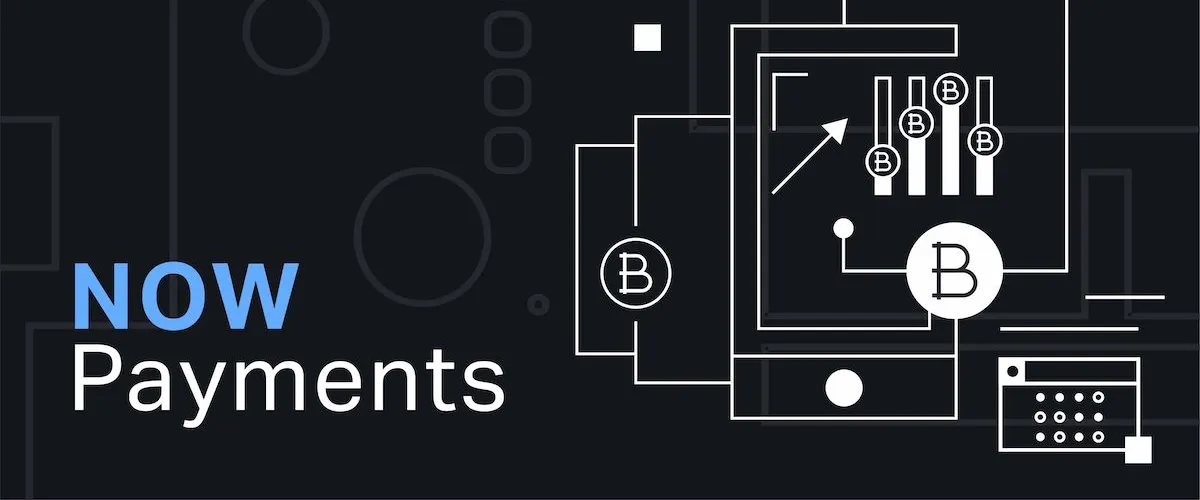Revolutionizing Cryptocurrency Payments with DeFi
The rapid growth of technology is prompting key players in the digital payment ecosystem to ask a crucial question: can decentralized finance (DeFi) revolutionize cryptocurrency payments? The evolution of financial transactions over the past two decades illustrates a significant shift from bartering to fiat currencies, and now towards digital currencies.
Since the introduction of the first digital currency, Bitcoin (BTC), in 2009 by the pseudonymous Satoshi Nakamoto, the digital currency landscape has flourished. Today, numerous cryptocurrencies, such as Ethereum (ETH), Ripple (XRP), and Tron (TRX), are gaining prominence, each supported by robust blockchain technology.
While most cryptocurrencies facilitate payment transactions, certain Ethereum-based tokens and applications are driving the realization of Satoshi’s vision for a decentralized financial ecosystem that benefits all parties involved.
DeFi: A Transformative Force in Finance
DeFi’s primary objective is to eliminate middlemen and centralized authorities from financial transactions, much like historical revolutions that have reshaped societies. Accessing loans in traditional finance requires navigating multiple intermediaries, controlled by centralized institutions like banks, which can hinder access due to bureaucratic obstacles.
In contrast, DeFi platforms such as Compound and Aave are revolutionizing lending. With user-friendly smart contracts, these platforms allow individuals to secure loans quickly and efficiently. The low-interest rates and accessibility of DeFi lending have sparked a global wave of adoption, with numerous use cases still waiting to be explored.
The Rise of Cryptocurrency Payment Systems
As DeFi gained traction, highlighted by a total value locked at $10.87 billion according to DeFi Pulse, the potential for reshaping cryptocurrency payments has become evident. Since its inception, Bitcoin was designed to facilitate person-to-person funds transfer, laying the groundwork for cryptocurrency transactions. As demand for digital currency payments grew, platforms like GOPayments emerged to meet the needs of merchants and consumers alike.
While cryptocurrency payments are still in their early stages, the aggressive strategies by providers like GOPayments aim to drive cross-border integration, making it easier for businesses to accept cryptocurrency. Key features, such as easy-to-implement APIs, will elevate the growth of this niche market.
How DeFi Can Revolutionize Cryptocurrency Payments
To understand the potential of DeFi in cryptocurrency payments, it’s essential to highlight the role of stablecoins—digital tokens whose values are pegged to fiat currencies, like the US Dollar or Euro. Stablecoins are less volatile than many cryptocurrencies, enabling them to serve as reliable payment options.
Prominent stablecoins, such as MakerDAO’s DAI and Binance USD, hold significant potential for facilitating payments without being adversely affected by inflation. As DeFi continues to mature, we may witness two primary developments:
- Adoption of Stablecoins:
As DeFi grows, risk-averse cryptocurrency users are likely to gravitate toward stablecoins, increasing their share in remittance and payment markets. - Scalability:
Ethereum’s transition from a proof-of-work mechanism to a proof-of-stake model aims to dramatically increase transaction speed, potentially reaching 100,000 transactions per second compared to its current capacity of 15. This scalability will enhance payment processing across the globe.
The volatility inherent in the cryptocurrency ecosystem drives innovation, paving the way for new methods to streamline cryptocurrency payments. Industry stakeholders can look to GOPayments as an example of a service that seamlessly integrates DeFi-based tokens, including offerings from platforms like Uniswap (UNI).
Why Choose GOPayments?
GOPayments provides an efficient way to accept online payments across a wide variety of cryptocurrencies. This service stands out for its:
- Support for over 50 cryptocurrencies:
Offering an integrated exchange feature. - Non-custodial nature:
Ensuring secure transactions without holding funds. - Simple setup:
Facilitating rapid implementation for businesses.
